Researcher at NIES, Japan:
Biodiversity economics; Environmental economics; Behaviour change; Conservation marketing
https://scholar.google.com/citations?user=tB-A0WoAAAAJ
Reposted by Takahiro Kubo
A cross-commision workgroup from the IUCN Species Survival Commission and the IUCN Commission on Education and Communication.
For more information about our work visit www.conservationbehaviourchange.org
#IUCN #BehaviourChage #IUCNSSC #IUCNCEC
Reposted by Takahiro Kubo, Ricardo Rocha
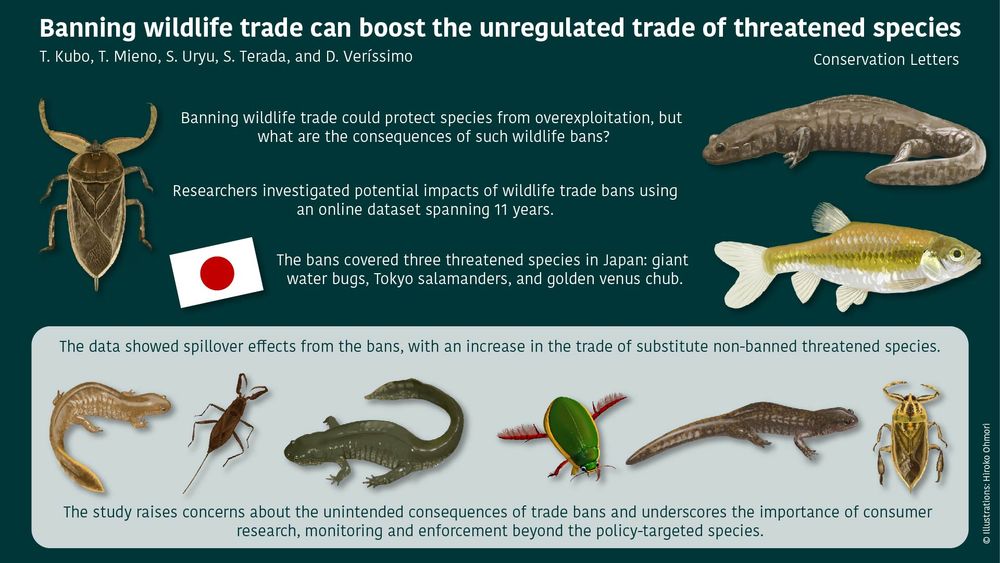
Trade in these species dropped but shifted to other vulnerable species, highlighting the need for consumer research, monitoring and enforcement beyond banned species.
tinyurl.com/mr352za2
@biology.ox.ac.uk @diogoverissimo.bsky.social
Reposted by Takahiro Kubo
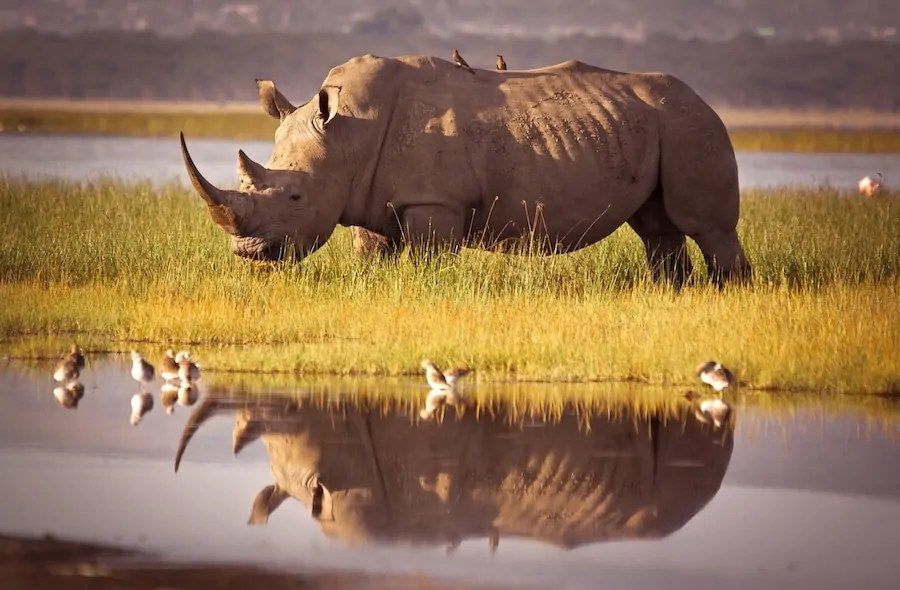
Environmentalists are urging the Trump administration to reverse a decision to freeze funding for important conservation work aimed at protecting iconic at-risk species, which includes…

www.sciencedirect.com/science/arti...
Reposted by Takahiro Kubo
We found #spillover effects caused by wildlife trade bans that increase the unregulated trade of threatened species.
Ban is an important intervention but not enough for biodiversity conservation.
#wildlifetrade #causalinference #OA
conbio.onlinelibrary.wiley.com/doi/10.1111/...
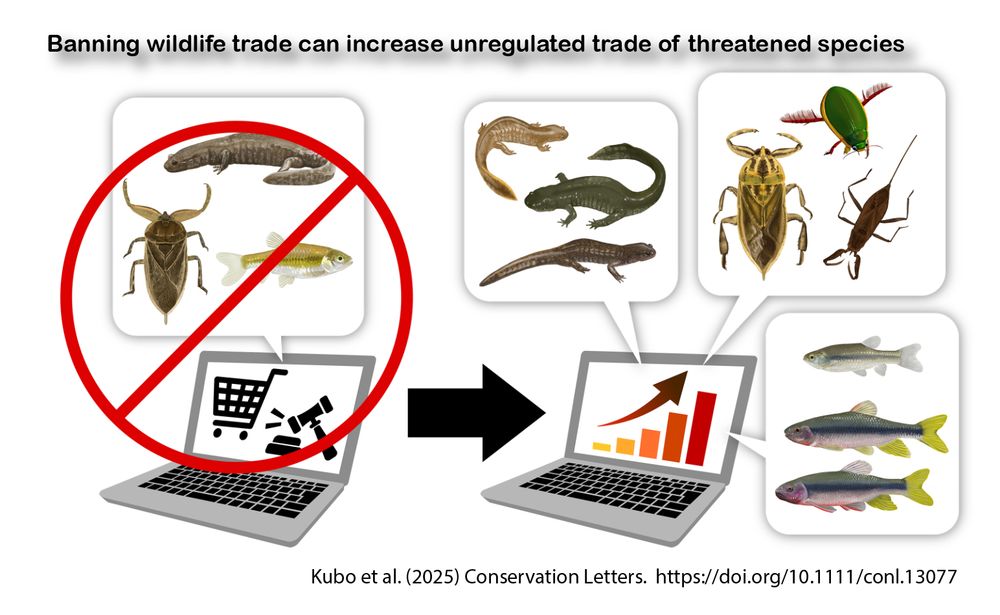
Therefore, it is necessary to consider the regulation effectiveness and to design a comprehensive policy beyond the policy-targeted species.
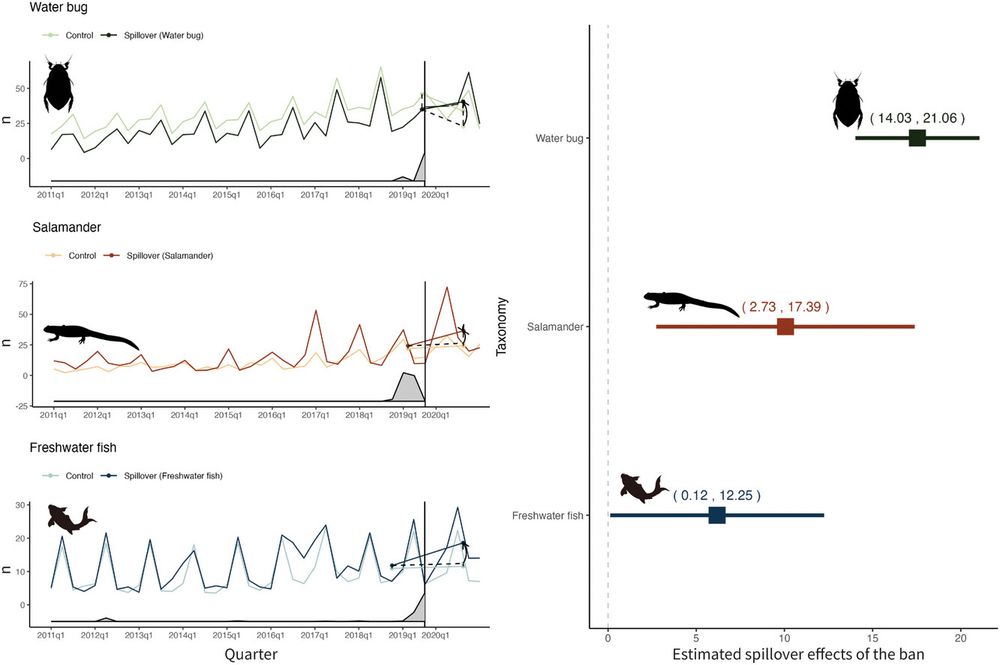
In other words, the introduction of the ban might lead negative impacts on the conservation of other threatened species.
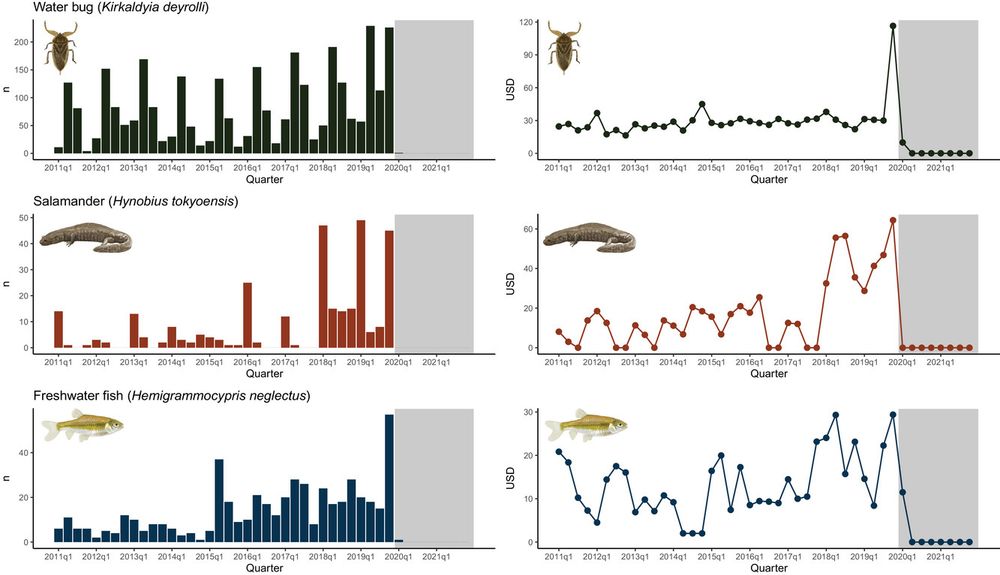
Reposted by Takahiro Kubo
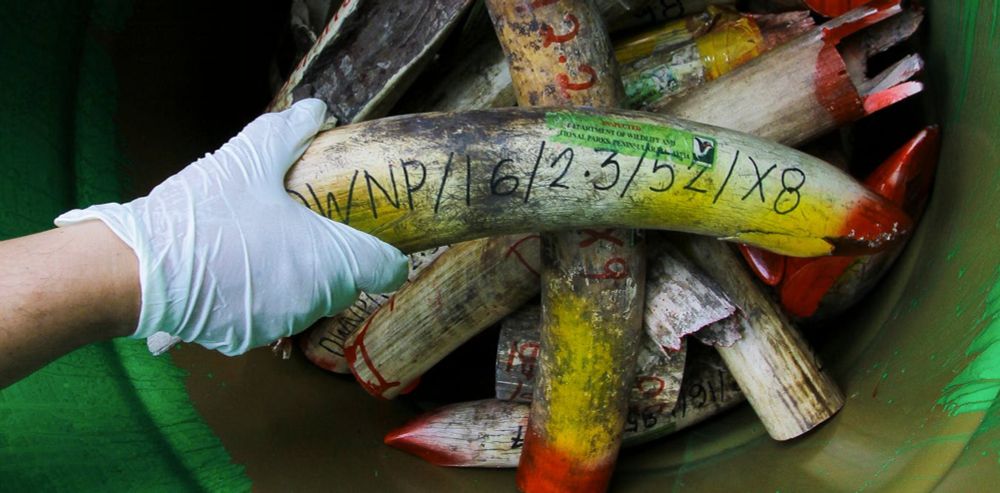
We find Japan’s ban on 3 species led to rise in trade of others. Bans alone aren't enough—we need consumer insights & monitoring to avoid shifting overexploitation elsewhere.
theconversation.com/banning-wild...

